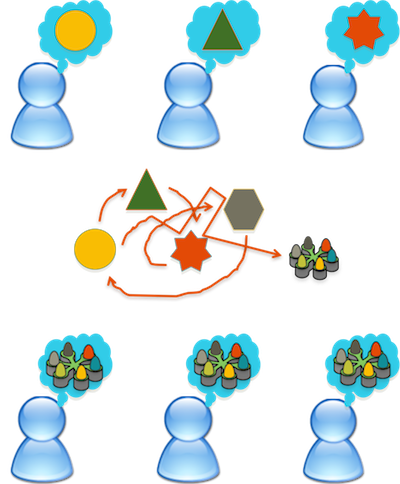Growing up on a horticulture farm in Canada, I had countless interactions with slugs most days. On the farm, they were mostly brown, an inch or two long, and super slimly. Years later, living in the UK, I came across a six-eight inch, fat as my thumb, midnight black, creature gushing slim where it went. “What on earth is that???” was my reaction. “A slug” was the response, which I did not believe as it was beyond my understanding of slug, even a slug on steroids.
We’ve all been there, listening to someone talk about how all of us must come to a ‘shared understanding’ of a way forward, but we know what he is really saying is that we must all adopt his way of thinking. The correct language is being used, but we don’t believe it.
I suppose shared understanding can come through dictatorship, when others believe or feel they have no choice but to adopt what they are told. However, I propose that rarely includes shared commitment or shared agreement; these tend to come through discussions, debates.
As we interact with the world, our brains make sense of it by giving things definitions so it can categorise it all. While this is helpful in allowing us to function, our brains work alone so how I define something can be different than you. We tend to forget this and are impatient, thinking that we, of course, know what a slug is.
And then when we start discussing understandings and learn someone else see things differently, why is our first reaction often to think they are wrong, try to ‘correct’ them, and get them to agree our understanding? Shared understanding, agreement, buy-in, commitment often happens best when we are able to share our views, hear others, and perhaps leave with a shared view that is different than the one anyone started with.

@Amos Doornbos

0 Comments